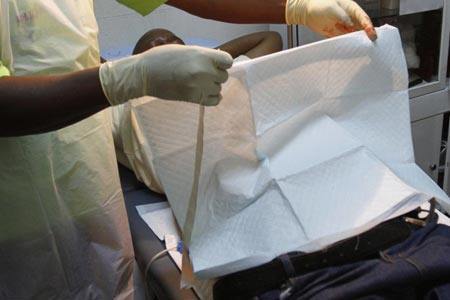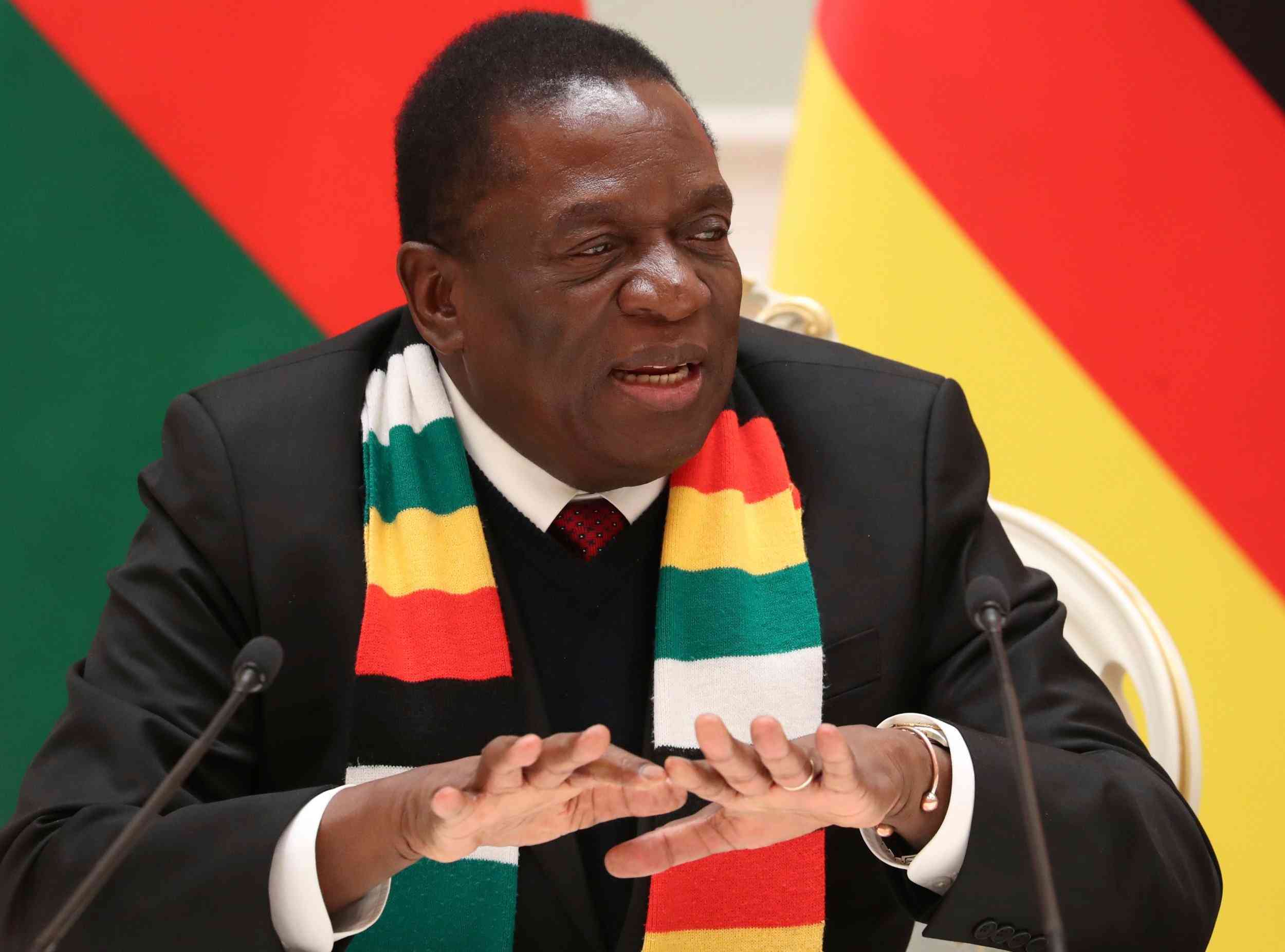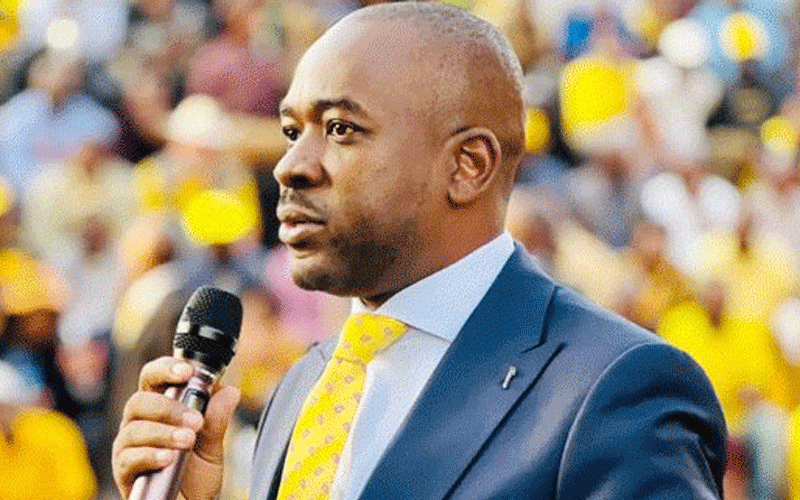
LOCAL celebrities, who voluntarily took up male circumcision in recent past months, have inspired several villagers to do likewise, a health expert has said.
BY OWN CORRESPONDENT
Population Services International (PSI) deputy country director, Karin Hatzold said responses to the male circumcision campaign had improved among the rural populace following the launch of the celebrity programme.
Since last year, more than 200 000 males have been circumcised in Zimbabwe and more are willing to undergo the procedure.
Celebrities that have publicly undergone the procedure include popular musicians Jah Prayzah, Winky D, Sulumani Chimbetu and Albert Nyathi, among others.
These, said Hatzold, have become a source of inspiration for other males from remote areas of the country.
Last week, Caps United Football Club player Hardlife Zvirekwi, underwent male circumcision at the PSI site in Harare.
Zvirekwi pledged to use his popularity to market the male circumcision campaign.
- Chamisa under fire over US$120K donation
- Mavhunga puts DeMbare into Chibuku quarterfinals
- Pension funds bet on Cabora Bassa oilfields
- Councils defy govt fire tender directive
Keep Reading
“The celebrity campaign is reaching people in all areas throughout the country. The national programme is flighting songs on radio, radio adverts, newspaper adverts, billboards, posters and leaflets,” said Hatzold.
The PSI boss said the campaigns would be launched in schools, workplaces, into villages and growth points around the country.
She said that Matabeleland North, followed by Matabeleland South, had recorded good responses to the male circumcision campaigns as compared to other provinces in the country.
Hatzold attributed the high response in Matabeleland North to the fact that male circumcision has always been part of the tradition in the area.
She however said that the response to male circumcision has been low in Mashonaland Central province.
In light of that challenge, Hatzold said PSI was working on increasing the number of male circumcision sites in the province so they were able to reach out to as many people as possible.
“Male circumcision prevalence varies by province with the lowest in Mashonaland Central. Since the majority of the Zimbabwean population is living in rural areas, we have adapted our programme and the service delivery model to reach people in rural areas and bringing the services to where people live,” she said.
Hatzold added: “We continue to engage more and more communities in rural areas to reach maximum coverage of MC services.”
She said PSI was planning on scaling up on its mobile outreach services in line with its target of 1,3 million circumcisions by 2017. Since last year, more than 200 000 males have been circumcised in the country.
“The programme is still in the scale up phase and we are expecting to further increase the number of sites and areas served with MC services in all districts over this year and the years to come to reach the national cumulative target of 1,3 million male circumcisions by 2017,” said Hartzold.
Studies in Kenya, South Africa and Uganda have shown that male circumcision reduces chances of contracting HIV by 60%, but scientists have disputed the percentage. However, the World Health Organisation (WHO) says male circumcision provides only partial protection, and therefore should be only one element of a comprehensive HIV prevention package.
These includes the provision of HIV testing and counselling services; treatment for sexually transmitted infections; the promotion of safer sex practices; the provision of male and female condoms and promotion of their correct and consistent use.









